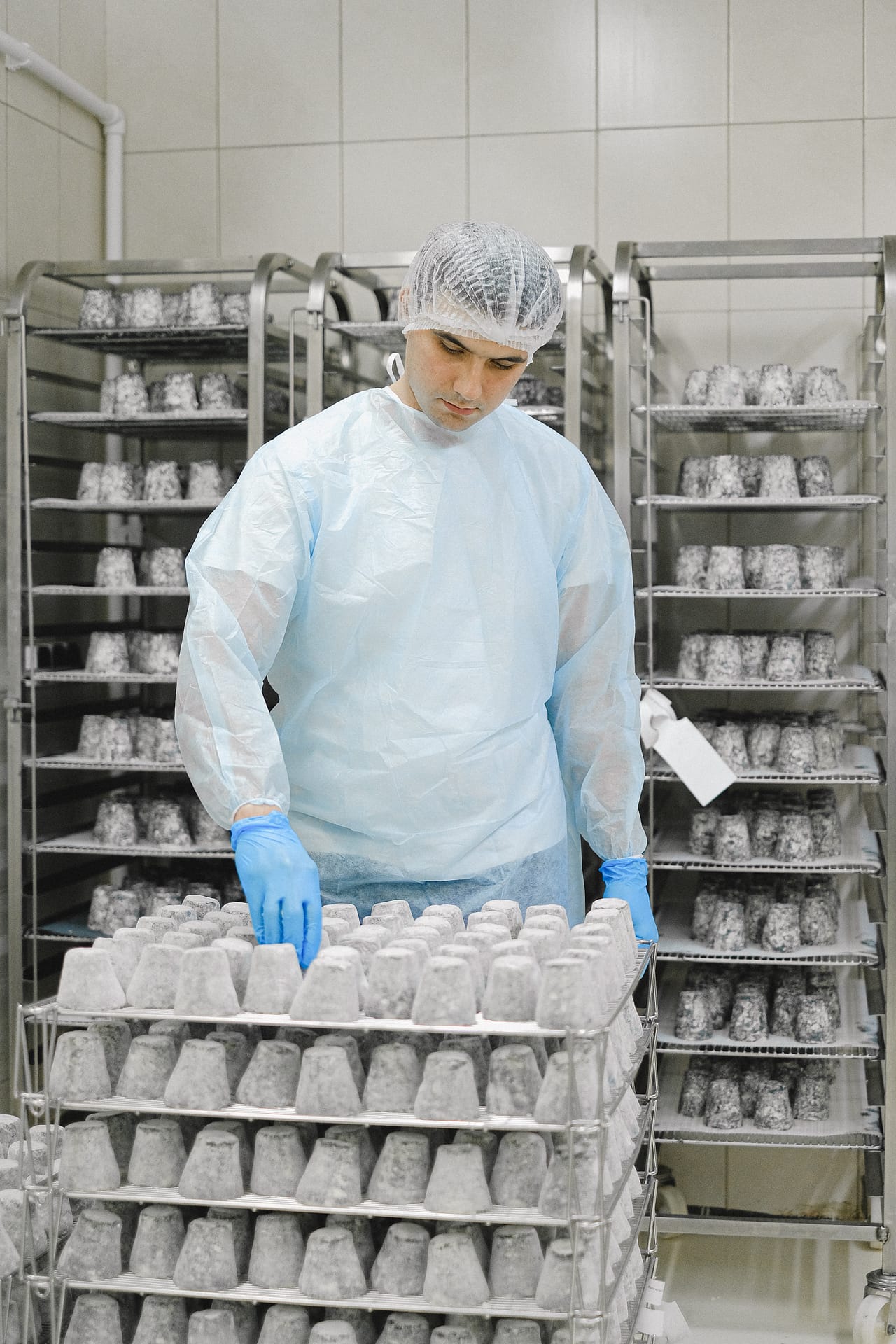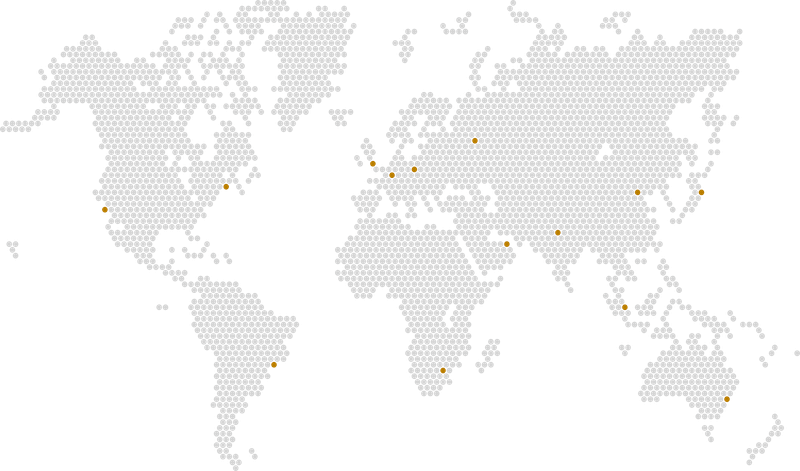
Food production faces unique challenges, such as perishability, strict regulations, and a high demand for freshness. Waste, or “Muda,” is particularly costly in this sector and can include spoiled ingredients, overproduction, and inefficient processes. Lean methodologies offer powerful solutions to tackle these issues.
What is Waste in Food Production? (Beyond Just Spoiled Food)
Waste in food production can take many forms beyond just spoiled food. Examples include:
- Overproduction: Making too much, which leads to excess inventory and potential spoilage.
- Waiting: Delays in processing, equipment downtime, or ingredient unavailability.
- Defects: Quality issues, contamination, or incorrect recipes that result in rework or scrap.
- Motion: Unnecessary movement of people or ingredients.
- Processing: Over-processing ingredients or taking unnecessary steps.
- Inventory: Excess raw materials, work-in-progress, or finished goods.
- Transportation: Inefficient movement of goods within the plant or supply chain.
- Unused Talent: Not engaging employees in problem-solving.
3 Lean Strategies for Your Food Production SME:
- Value Stream Mapping (VSM): This involves mapping the entire flow of a product, from raw material to finished good, to identify value-adding versus non-value-adding steps. By tracing a specific product batch, you can identify hidden bottlenecks and waste, providing a clear roadmap for improvement.
- 5S: This is a systematic approach to workplace organization using the five pillars: Sort, Set in Order, Shine, Standardize, and Sustain. In food production, 5S is critical for hygiene, reducing cross-contamination, finding tools quickly, and maintaining equipment. The benefits include improved cleanliness, enhanced safety, and boosted employee morale, all of which directly impact quality and waste.
- Standard Work: This involves documenting the safest and most efficient way to perform a task. In food production, this could mean standardizing recipes, cooking times, packaging procedures, and cleaning protocols. Standard work reduces errors, ensures consistent product quality, simplifies training, and is crucial for food safety and regulatory compliance.
UpKaizen’s Role: Practical Implementation for Real Results
UpKaizen helps you implement Lean methodologies on your shop floor. Our “shop floor” experience ensures that the solutions are practical and sustainable. We focus on measurable ROI, such as reduced waste, improved quality, and lower costs.
Conclusion:
Lean methodologies are essential for food production SMEs that want to be efficient and profitable. By systematically tackling waste, you can enhance quality, reduce costs, and build a more resilient operation.
Ready to implement Lean in your food production facility? Contact UpKaizen for a tailored consultation.
Subscribe To Our Newsletter
Join our community of like-minded Operational Excellence enthusiasts and subscribe to our newsletter for the latest trends, expert insights, and exclusive content delivered straight to your inbox. Let’s connect, explore and discover excellence in every step.





